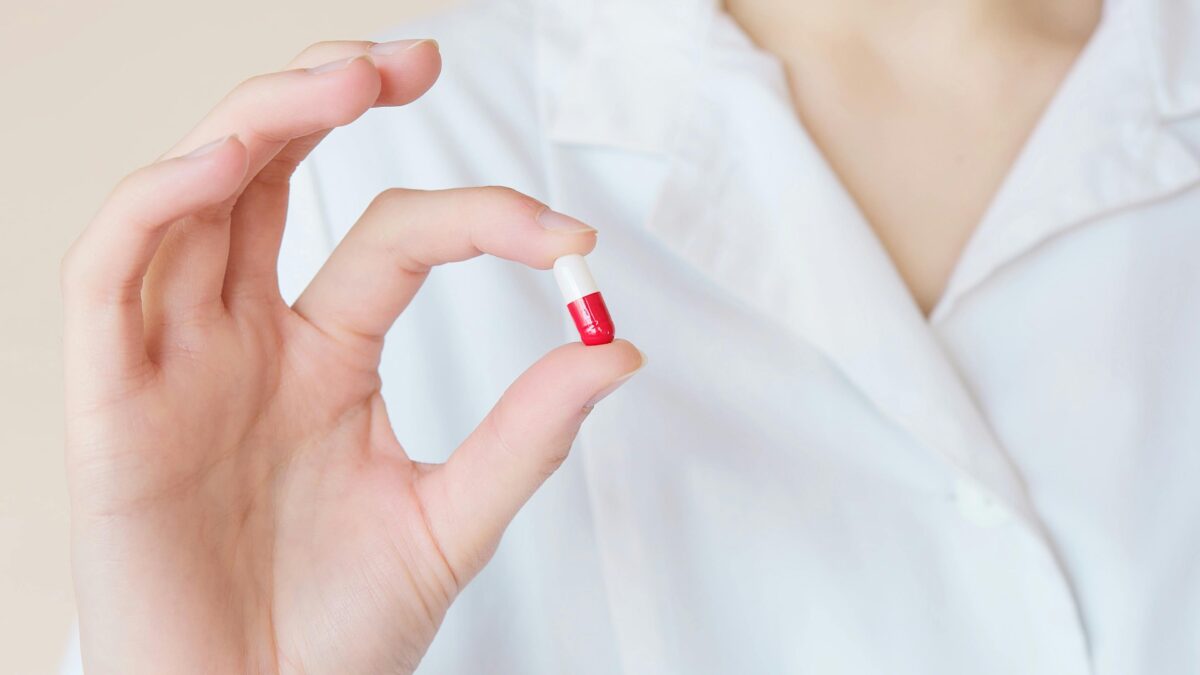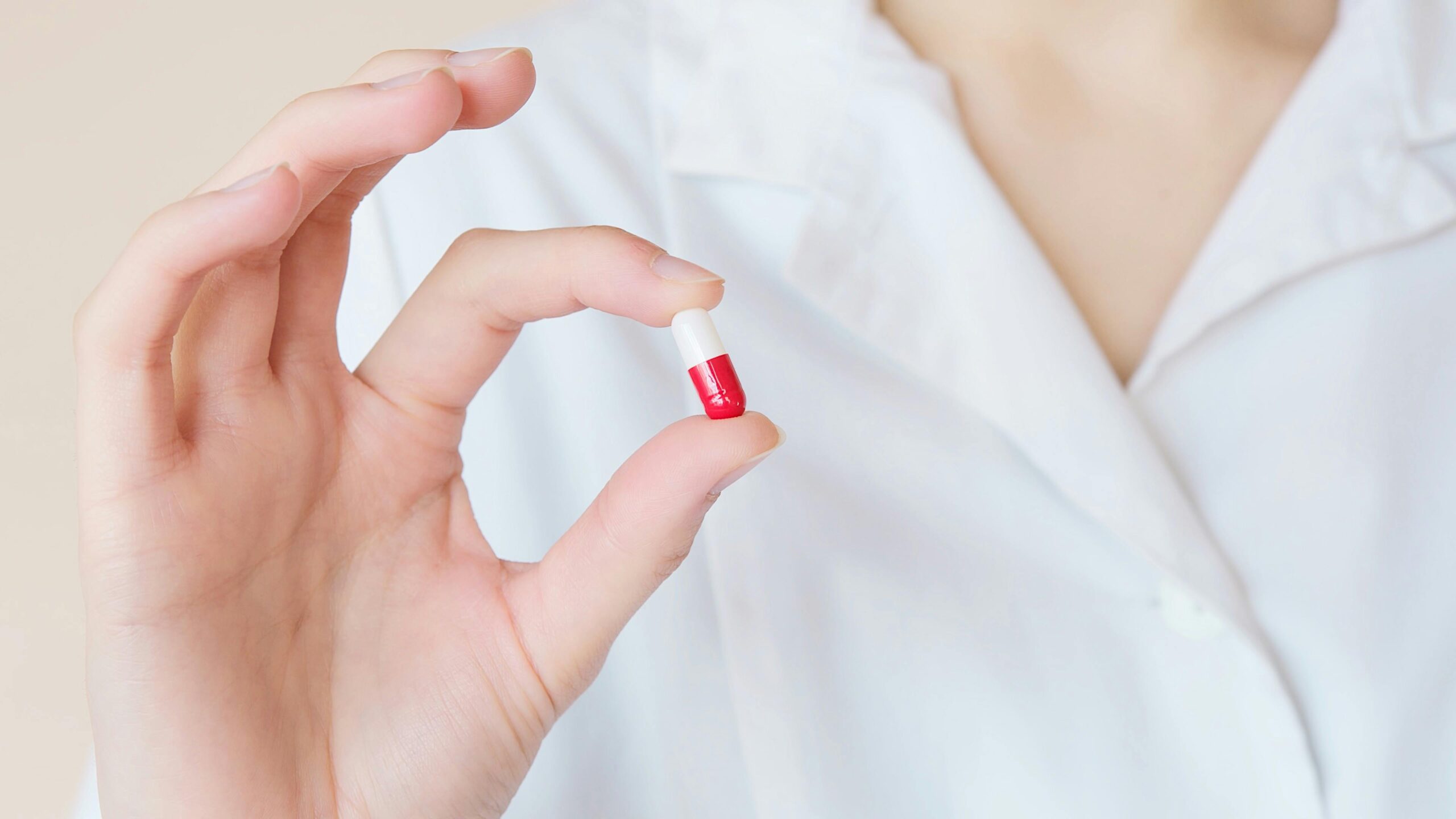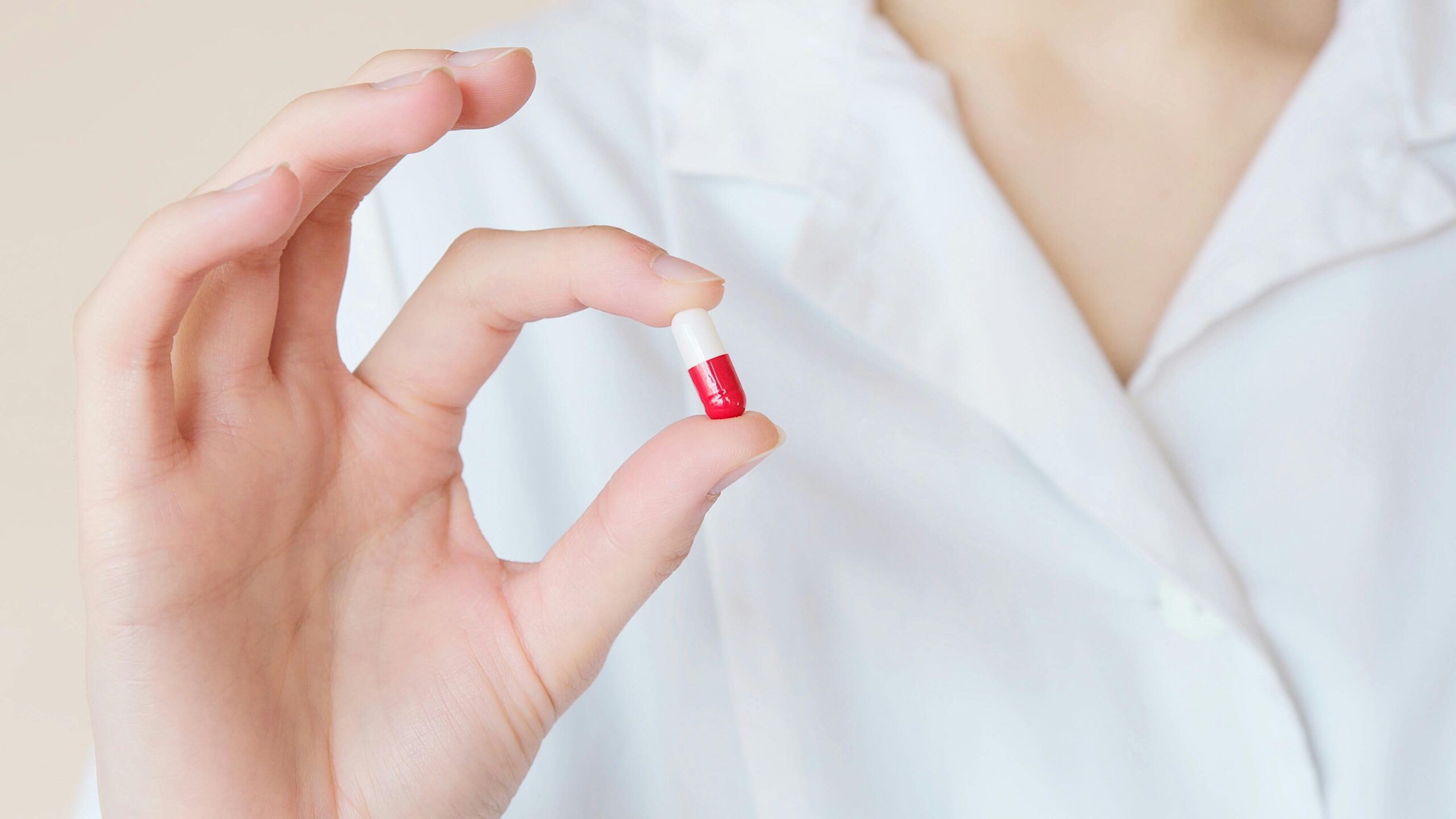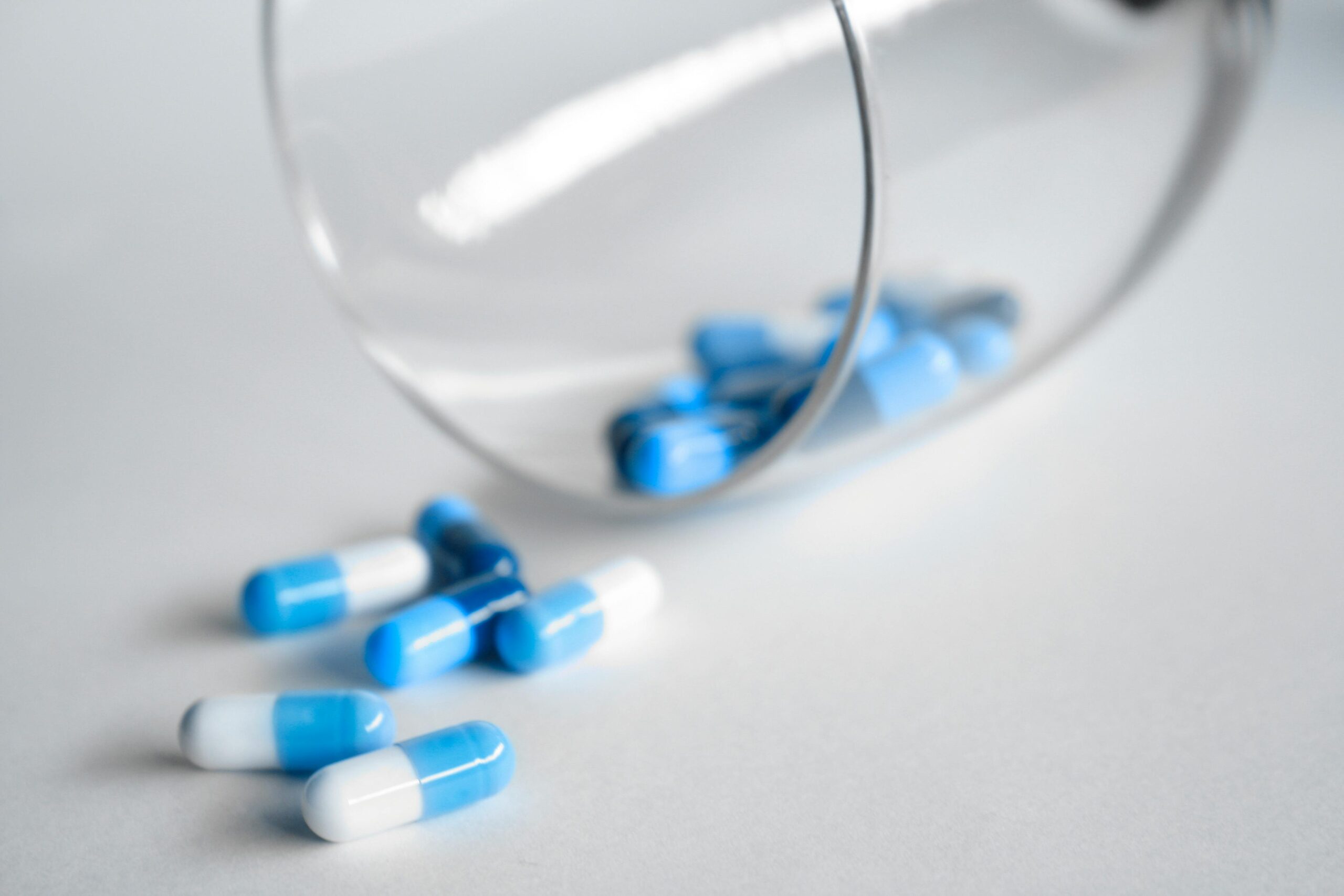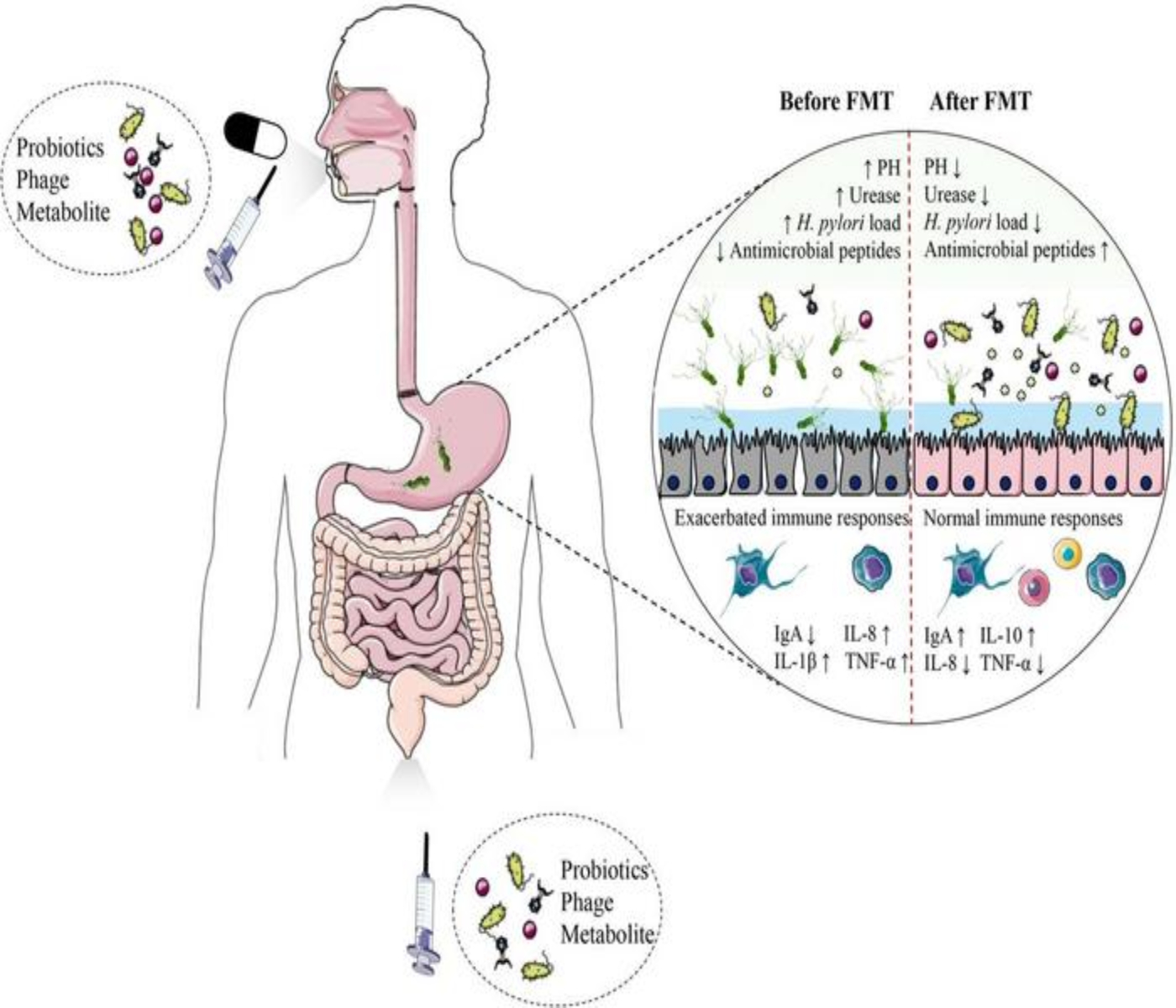An alarming new study is turning a long-held medical assumption on its head. For years, doctors and patients have believed that the uncomfortable side effects of antibiotics—like an upset stomach—were a result of the drugs wiping out beneficial gut bacteria. But new research published in the journal Science Advances suggests the reality is far more direct and potentially concerning: certain antibiotics might be causing lasting damage to the gut’s protective barrier all on their own.
Researchers discovered that these drugs can directly break down the critical mucus layer that shields our intestines from the trillions of microbes living inside us. This damage is not a secondary effect of a disrupted microbiome; the antibiotics are directly harming the very cells that produce this vital shield. The implications are significant, offering a new possible explanation for the rise of chronic gut conditions like inflammatory bowel disease (IBD).
Unmasking a Hidden Cause
To investigate this theory, a team from Umeå University and Tartu University conducted a series of experiments. They treated mice with four different classes of antibiotics for just three days and observed that all four drugs caused the colonic mucus barrier to break down. To prove this wasn’t just a side effect of a disrupted gut microbiome, they performed a clever experiment. The gut bacteria from the antibiotic-treated mice were transferred to a group of germ-free mice—animals that, by their nature, have no bacteria of their own. If the damage was solely due to the bacterial changes, the germ-free mice should have shown a similar defect. They didn’t. This finding provided strong evidence that the problem wasn’t a change in the gut bacteria, but something the antibiotics themselves were doing to the host’s body.
A New Culprit: Cellular Stress
The scientists wanted to understand exactly how the antibiotics were causing this damage. By analyzing the genetic activity in the colon tissues of the treated mice, they pinpointed a specific type of cellular distress called endoplasmic reticulum (ER) stress. The ER is a tiny, but crucial, factory inside our cells responsible for producing and packaging proteins, including the ones that form the mucus barrier. When the ER is under stress, it halts the production of these key components, effectively stopping the flow of protective mucus. The researchers confirmed this by measuring mucus secretion rates directly from colon tissues, finding that some antibiotics impair mucus production independently of gut bacteria.
The study’s findings, which used a sample size based on a minimum of 25 measurements per mouse for some experiments, challenge the way we think about the consequences of antibiotic use. While the research was conducted on mice, the implications for human health are clear and require further investigation.
A Call for Responsible Use
This new research does not mean we should stop using antibiotics. They remain one of our most powerful tools against bacterial infections. What it does suggest, however, is that antibiotics have a potential side effect that is more direct and fundamental than previously thought. The discovery that they can directly damage our gut’s protective barrier reinforces the growing consensus among medical professionals that these drugs should be used judiciously—only when absolutely necessary.
Paper Summary
Methodology
Researchers used mice in a series of experiments to study the effects of four different antibiotics—ampicillin, metronidazole, neomycin, and vancomycin. They used both oral and systemic administrations. To separate the effects of the antibiotics from those of the gut bacteria, they conducted fecal microbiota transfers to germ-free mice. They also analyzed gene expression in the mice’s colon tissue and measured mucus secretion rates.
Results
The study found that neomycin and vancomycin directly damaged the protective mucus barrier in the colon, independent of their effect on gut bacteria. This was a result of the antibiotics inducing endoplasmic reticulum (ER) stress, which is a type of cellular distress that impaired the cells’ ability to secrete mucus.
Limitations
The study was conducted on mice, so the findings may not translate directly to humans. The research also focused on a limited number of antibiotics and a short treatment period, which may not represent the long-term effects of antibiotic use.
Funding and Disclosures
The paper was a collaborative effort by researchers from Umeå University, Tartu University, Bar-Ilan University, and The Hebrew University. The funding sources are not explicitly detailed in the provided text.
Publication Information
The paper is titled “Antibiotics damage the colonic mucus barrier in a microbiota-independent manner,” and was published in the journal Science Advances. The lead author is Jasmin Sawaed.
